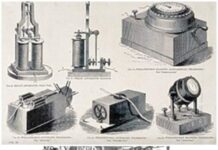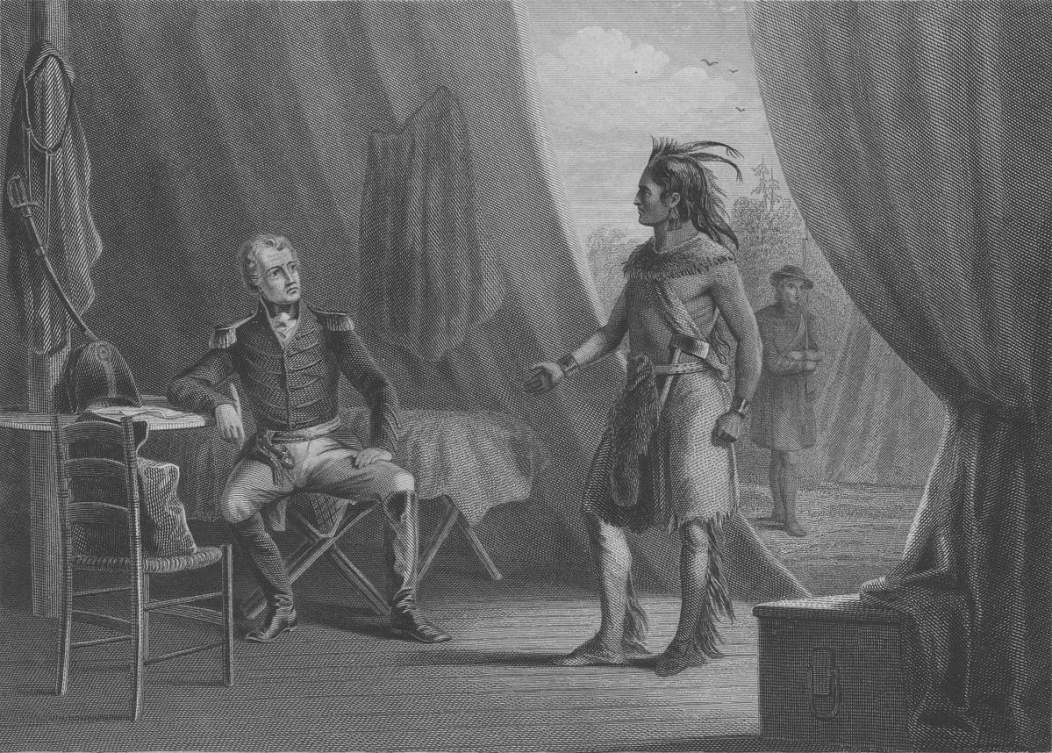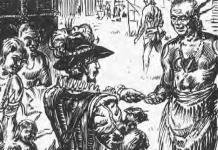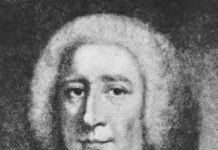William Ewart Gladstone was England’s greatest statesman and liberal politician during Queen Victoria’s reign, four times Prime Minister, and a pioneer in the struggle for Irish Home Rule. His career spanned more than 60 years, including 12 years as Prime Minister of the United Kingdom. This was spread across four terms (the longest tenure of any British prime minister) beginning in 1868 and ending in 1894. During his over 12 years as Chancellor of the Exchequer, he served four times.
William Ewart Gladstone was born in Liverpool, of Scotch ancestry, and educated at Eton College and Christ Church, Oxford. Gladstone entered Parliament in 1832 and was a Tory, but later he found his sympathies turning to the Liberals, and it was as a Liberal statesman that he won fame and honor. Elected to Parliament in 1847 for Oxford University, he made his first significant speech in an at-William e. Gladstone tacked on Disraeli’s budget of 1852.
The following year, he became Chancellor of the Exchequer under the Earl of Aberdeen. He also held in 1855 under Lord Palmerston. In 1859 he again took office as Chancellor of the Exchequer under Lord Palmerston. The following year, he became Chancellor of the Exchequer under the Earl of Aberdeen. He also held in 1855 under Lord Palmerston. In 1859 he again took office as Chancellor of the Exchequer under Lord Palmerston.
The budgets presented by Gladstone during the six years that followed were remarkable documents. At the general election of 1866, he returned to South Lancashire. In the same year, he became the title Liberal leader in the Commons in the Euasell administration while still holding the post of Chancellor of the Exchequer. In 1867 a Reform Bill was brought forward, with Gladstone contributing substantially.
EQs advocacy of this measure shows his definite break with the Conservative Party and his transition to the Liberals. At the general election of 1868 Gladstone lost his seat for South Lancashire, but was defeated by Greenwich. There being a large Liberal majority in the newly formed Parliament, Gladstone became Premier. The next year he passed his bill for the establishment of the Irish Church, and in 1870 he passed his Irish Land Act. Parliament was dissolved in 1874, and the Conservatives succeeded in office. During Lord Beaconsfield’s office tenure, Gladstone denounced the Bulgarian atrocities, the Anglo-Turkish treaty, and the Afghan War. His speeches during his campaign for Midlothian greatly helped render the government unpopular.
In 1880 the general election reinstated him firmly in power. In 1882 two Irish reform acts were passed, and in 1883 measures relating to bankruptcy were carried. The bill extending household suffrage to the counties was then carried, but the Gladstone Ministry fell the following year. In 1885 Salisbury resigned after an adverse vote in the Commons, and Gladstone again came to power. He soon started the country by introducing Home Rule for Ireland (1886).
As it failed to pass the Commons, an appeal was made to the country. The result was emphatically against Gladstone’s proposals, and he had to make way for Lord Salisbury. In 1892, however, the result was again reversed, and Gladstone resumed authority. He introduced another Home Rule bill, which was passed by the House of Commons, but rejected by the House of Lords. The aged Premier then retired to private life, but he started movements that made England one of the most democratic countries in the world. William Ewart Gladstone died on May 19, 1898, at 88 in Flintshire Wales.
Read More – Chariot – Ancient Vehicle for Pleasure or for War






